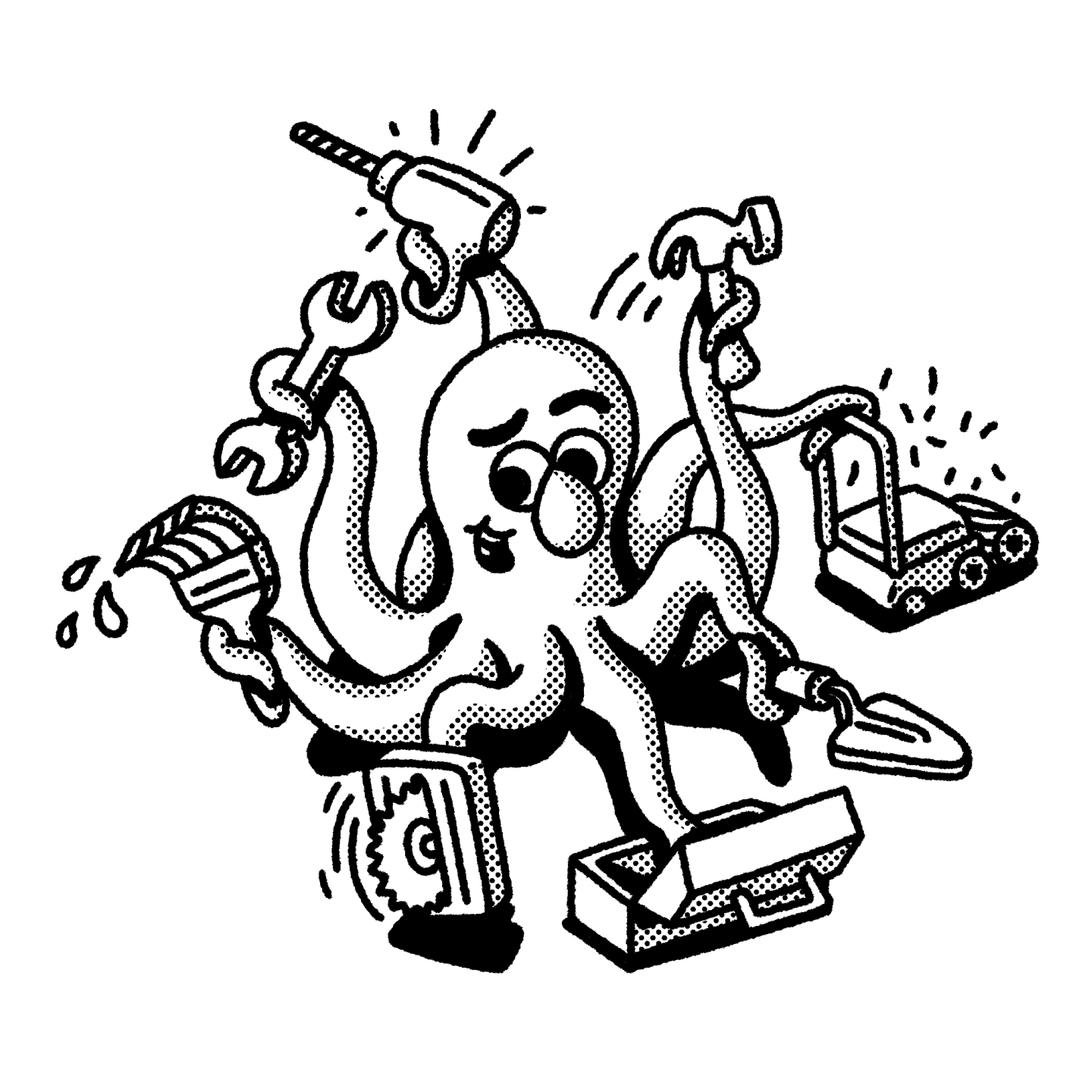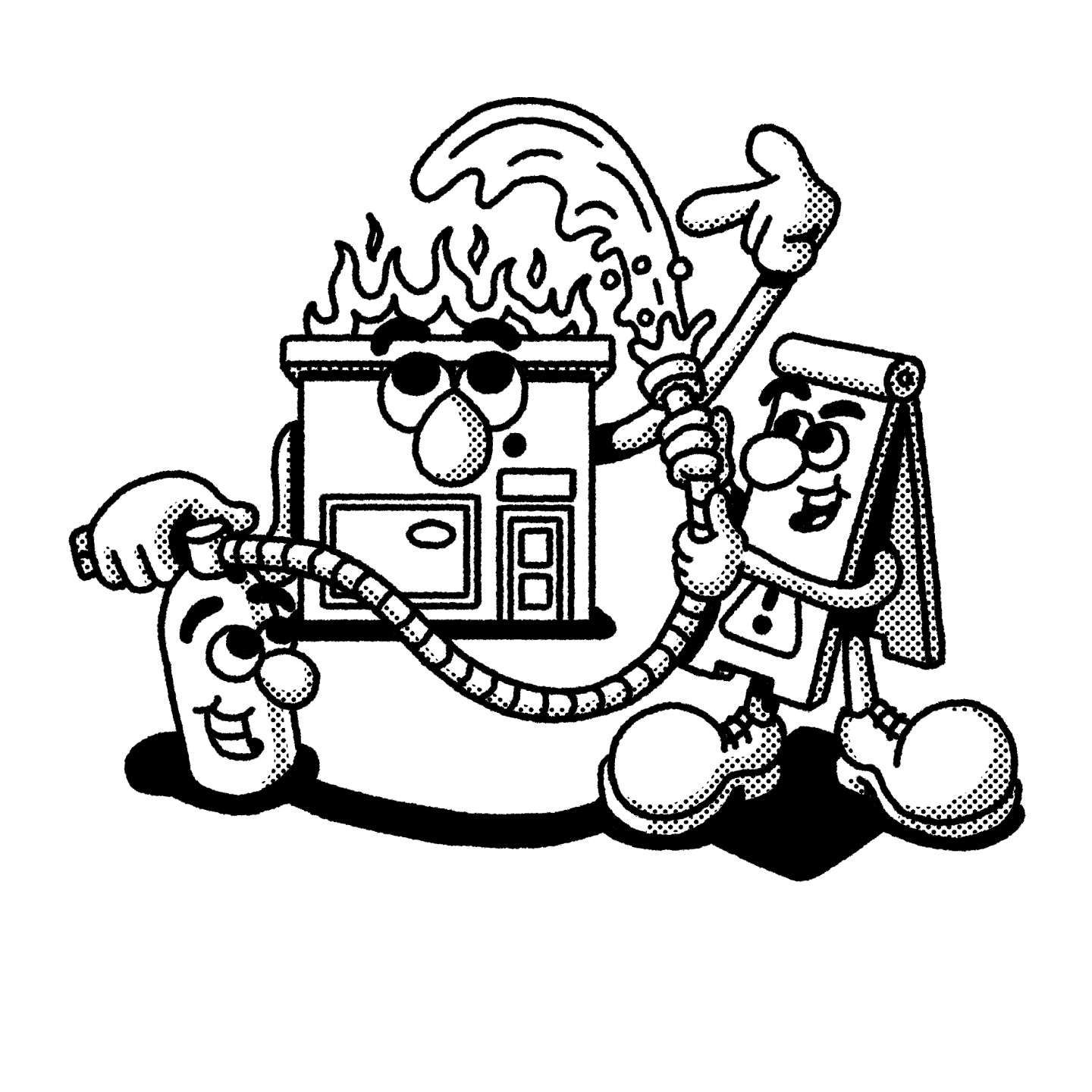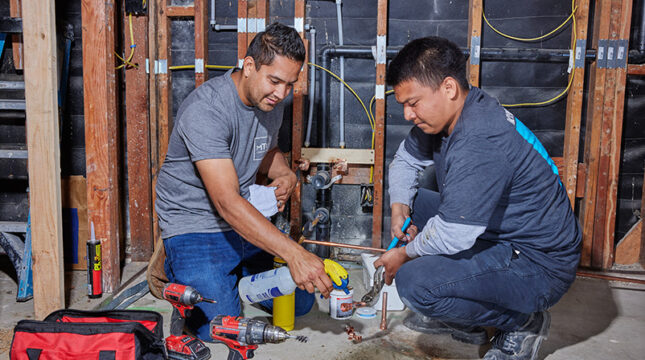Employers Liability insurance vs. Workers’ Compensation: What’s the difference?
Employers liability insurance is a part of workers’ compensation insurance that can protect employers from financial loss if a lawsuit is brought against them for a workplace injury or illness.
While it used to be a standalone option for coverage by U.S. insurance companies, it’s now more common for employers liability insurance to be included with workers’ comp coverage. Workers’ compensation insurance offers broader coverage beyond employers liability coverage for work-related illness and injury. It can provide financial help for lost wages, medical treatment, death/survivor benefits and more.
Get a free quote for workers’ comp online with NEXT.
Employers Liability insurance vs. Workers’ Compensation: What can be covered?
| EMPLOYERS LIABILITY | WORKERS’ COMPENSATION | |
| Legal and court costs | ||
| Medical expenses | ||
| Lost wages | ||
| Death/survivor benefits | ||
| Vocational retraining | ||
| Permanent injury benefits |
What is Employers Liability insurance?
Employers liability insurance is a type of insurance coverage included with workers’ comp that can help with lawsuits connected to work-related injuries or illnesses.
It can help protect a business financially if an employee files a lawsuit claiming the employer’s actions (or failure to act) caused their injury or illness.
Learn more about employers liability insurance.
What does Employers Liability insurance cover?
Employers liability coverage can help pay for expenses related to lawsuits brought against your business, such as:
- Legal costs
- Court fees
- Settlements
- Damages
- Judgments
Five common types of lawsuits relate to workplace injuries. Employers liability coverage within workers’ comp might help with accusations of:
- Negligence. An employee may file a lawsuit for negligence and sue you for damages if they’re injured on the job and claim you failed to take steps to protect them.
- Consequential bodily injury: Employees may file this type of lawsuit if a family member or caregiver gets sick or hurt as a result of caring for them after a work-related injury.
- Third-party over action: An injured employee may decide to sue another business (such as an equipment manufacturer) because of an injury they sustained at work. If that business then decides to then sue you, it’s called a third-party over action lawsuit.
- Dual capacity: If an employee is injured by a piece of equipment that your business produces, the worker can sue you twice — once as the employer, and again as the equipment manufacturer.
- Loss of consortium: An employee’s family member could sue you for additional compensation after a work injury or work-related death.
We know lawsuits can be disruptive to your business. NEXT customers have claims advocates and specialists on call who can offer support.
Reach out for help as soon as possible if a claim of work-related injury or illness is filed against you or your business.
Who needs Employers Liability insurance?
According to the U.S. Bureau of Labor Statistics, more than 2.5 million nonfatal workplace injuries and illnesses and around 5,000 workplace fatalities are reported by private U.S. businesses each year.
Without adequate insurance, a single accident could significantly impact the bottom line or livelihood of a business if it’s involved in a lawsuit.
Employers liability insurance can offer important benefits for any business with employees.
What is Workers’ Compensation insurance?
Workers’ compensation coverage provides a safety net for employers and employees when workplace injuries occur.
In addition to employers liability coverage, workers comp can help business owners cover the expense of medical bills, lost wages and other financial losses for their employees after a work-related injury or illness.
Most states require workers’ comp for businesses with employees. Business owners can also opt in to reap the protection of a workers’ comp policy for themselves.
What does Workers’ Compensation insurance cover?
Three main types of business protection are offered by workers’ comp:
- Medical expenses and lost wages: This part of workers’ comp insurance can help cover bills for medical appointments and treatments, lost income for missed work and other related expenses.
- Death and survivor’s benefits: Workers’ comp can cover some of the associated costs If an employee dies as a result of a work-related illness or injury.
- Employers liability: Part of workers’ comp, this coverage can help if an employee files a lawsuit that blames the employer for their injury or illness. The coverage can help pay for legal expenses, including settlements, damages and judgments.
Who needs Workers’ Compensation insurance?
Businesses with employees are usually required to carry workers’ compensation insurance in most states. And fines or felony charges may apply when businesses don’t comply with local workers’ compensation laws.
Some business owners, including self-employed entrepreneurs and sole proprietors, get workers’ comp insurance even if it’s not required by law. It can help cover lost wages (unlike personal health insurance) and medical care if an injury occurs at work.
How much does Workers’ Compensation insurance cost?
The cost of workers’ compensation insurance can start as low as $12.20 monthly for low-risk businesses.
Monthly premiums for individual businesses are determined by factors like the type of work you do, where the business is located and how many employees you have.*
How NEXT helps small business owners
NEXT creates customized, affordable insurance packages for small business owners.
In addition to workers’ compensation insurance (which includes employers liability coverage), we also offer:
- General liability insurance for public injuries or property damage.
- Commercial property insurance to protect your business’ gear, goods and building.
- A business owner’s policy (BOP) that combines general liability and commercial property insurance.
- Commercial auto insurance for business vehicles and driving.
- And more.
Buy online, manage your policy via web or app 24/7, and get immediate access to your Certificate of Insurance. Get a free instant quote.












